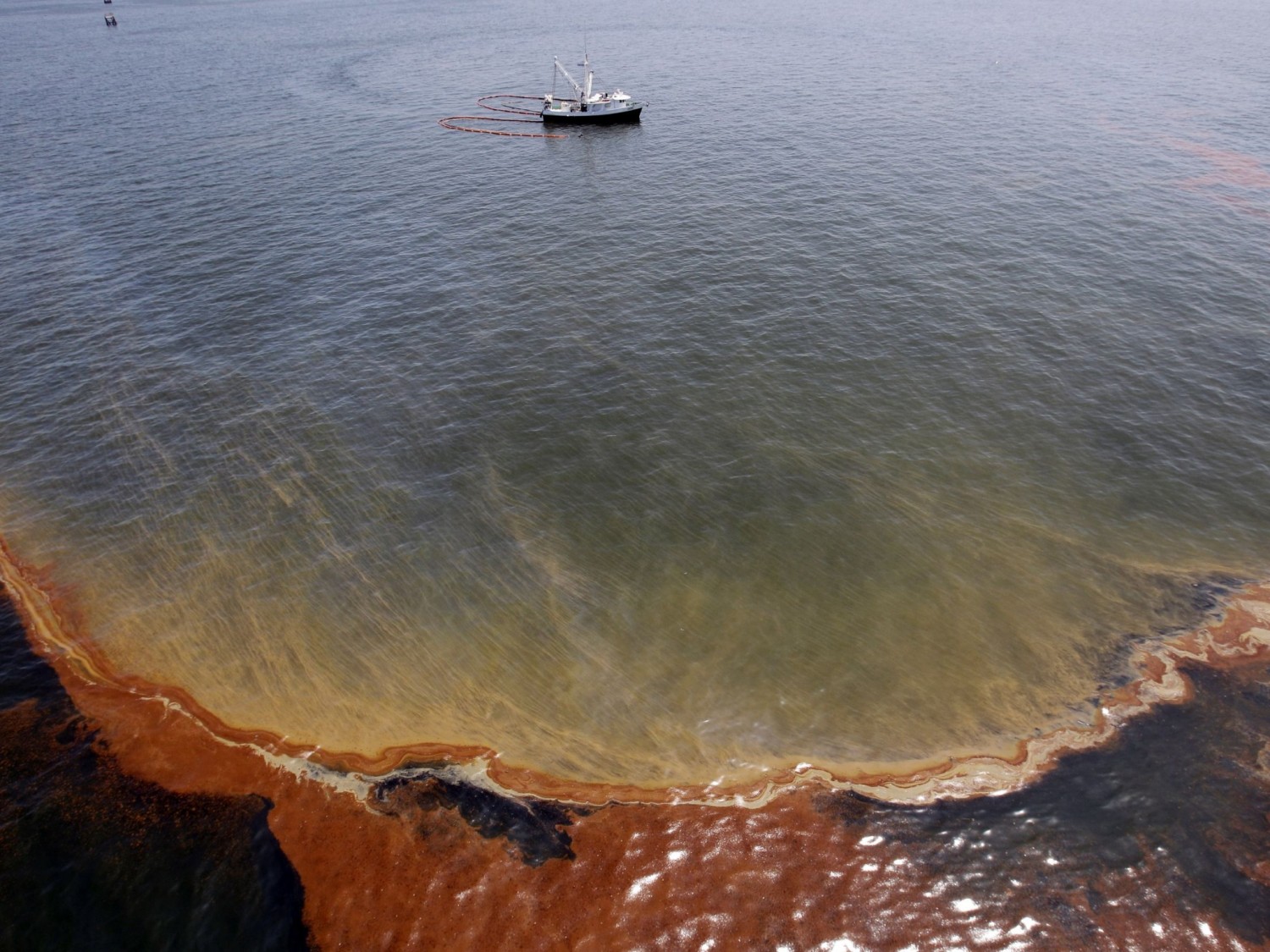The Deepwater Horizon Oil Spill: A Look Back on the 10th Anniversary

On April 20, 2010, the world watched in horror as the Deepwater Horizon oil rig exploded in the Gulf of Mexico, killing 11 workers and unleashing the largest oil spill in U.S. history. This environmental disaster, caused by a number of factors including corporate negligence and lax government oversight, had far-reaching consequences for the Gulf region and beyond.
Ten years later, we reflect on the impact of the Deepwater Horizon oil spill and what has changed in the years since.
The immediate aftermath of the explosion was chaotic and devastating. The rig burned for two days before sinking, and efforts to contain the spill were hampered by rough seas and a lack of equipment. BP, the company that owned and operated the rig, came under fire for its response to the disaster and for its lack of preparedness.
In the months that followed, the true scale of the environmental and economic impact of the spill became clear. The spill released an estimated 4.9 million barrels of oil into the Gulf of Mexico, contaminating beaches, wetlands, and wildlife habitats. The fishing industry, which was a major source of income for many Gulf Coast communities, suffered significant losses as a result of the spill.
The response to the spill was also marred by controversy. BP faced criticism for downplaying the severity of the spill and for attempting to shift blame onto other companies involved in the project. There were also concerns about the role of government regulators in the disaster. A joint investigation by the U.S. Coast Guard and the Bureau of Ocean Energy Management found that the disaster was the result of a number of factors, including BP's failure to properly maintain the rig and the failure of the blowout preventer, a safety device designed to prevent explosions.
In the years since the Deepwater Horizon oil spill, there have been some positive developments. BP agreed to pay $20 billion in fines and settlement payments for damages caused by the spill, which helped to fund restoration efforts in affected areas. The disaster also prompted a reevaluation of safety regulations in the oil industry and stricter oversight of offshore drilling.
However, there is still much work to be done to fully address the damage caused by the spill. Oil continues to wash up on Gulf Coast beaches, and the long-term effects on wildlife and ecosystems are still being studied. The fishing industry has not fully recovered, and some residents of affected communities are still seeking compensation for their losses.
The Deepwater Horizon oil spill was a tragic event that had far-reaching consequences for the Gulf region and beyond. As we mark the 10th anniversary of the disaster, it is important to remember the lives lost and the damage done, and to continue working towards a better, safer future for our environment and our communities.